Several Foods to Support Liver and Gall bladder Health
Why Focus on Liver and Gall bladder Health?
The liver is responsible for filtering toxins, producing bile for digestion, and regulating metabolism. The gallbladder stores bile, which is essential for digesting fats. Poor liver and gallbladder health can lead to a variety of issues, including fatty liver disease, gallstones, and digestive problems. By incorporating liver-friendly leafy green vegetables and fruits into your diet, you can help protect these crucial organs.
Green leafy vegetables:
To get the maximum benefit, we must eat these vegetables raw when possible, or these can be lightly cooked with a pinch of salt.
Leafy green vegetables are highly beneficial for the health of the liver and gall bladder, as they assist in detoxifying the body, promote bile production, and alleviate inflammation. Below are several excellent choices:
1. Dandelion Greens: Encourage bile production and aid in liver detoxification.
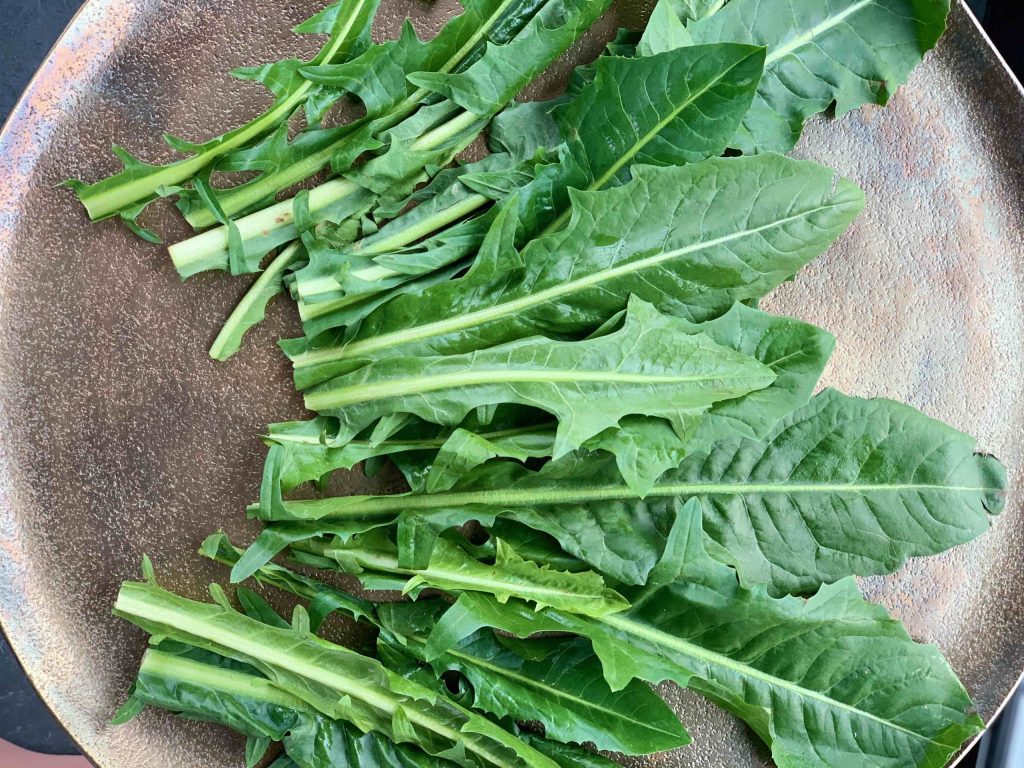
2. Spinach: Rich in chlorophyll, which enhances liver function.
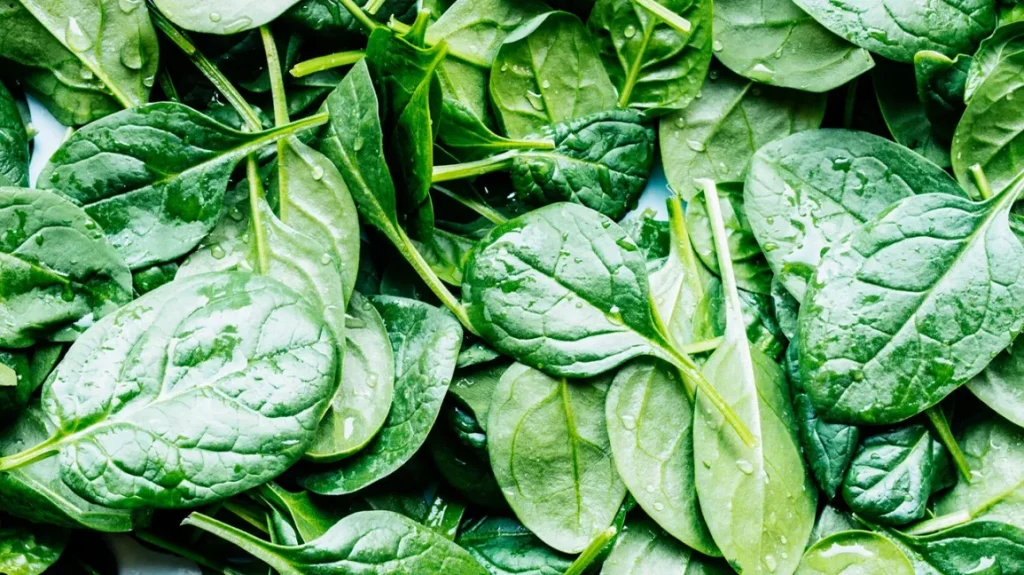
3. Kale: Contains sulfur compounds that facilitate liver detoxification.
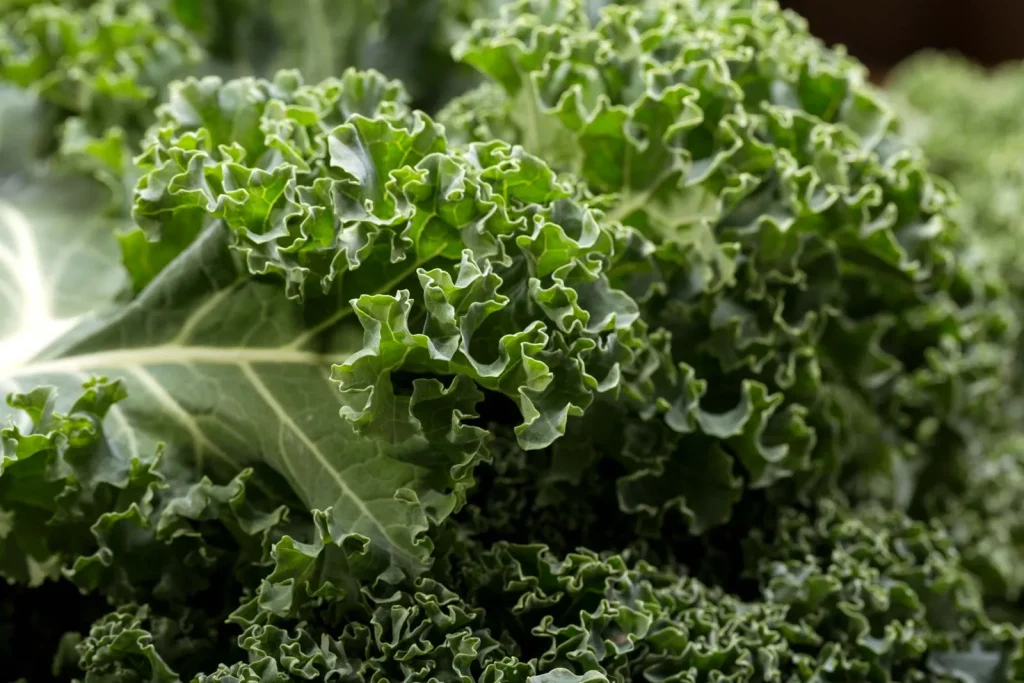
4. Swiss Chard: Abundant in antioxidants and promotes bile flow.
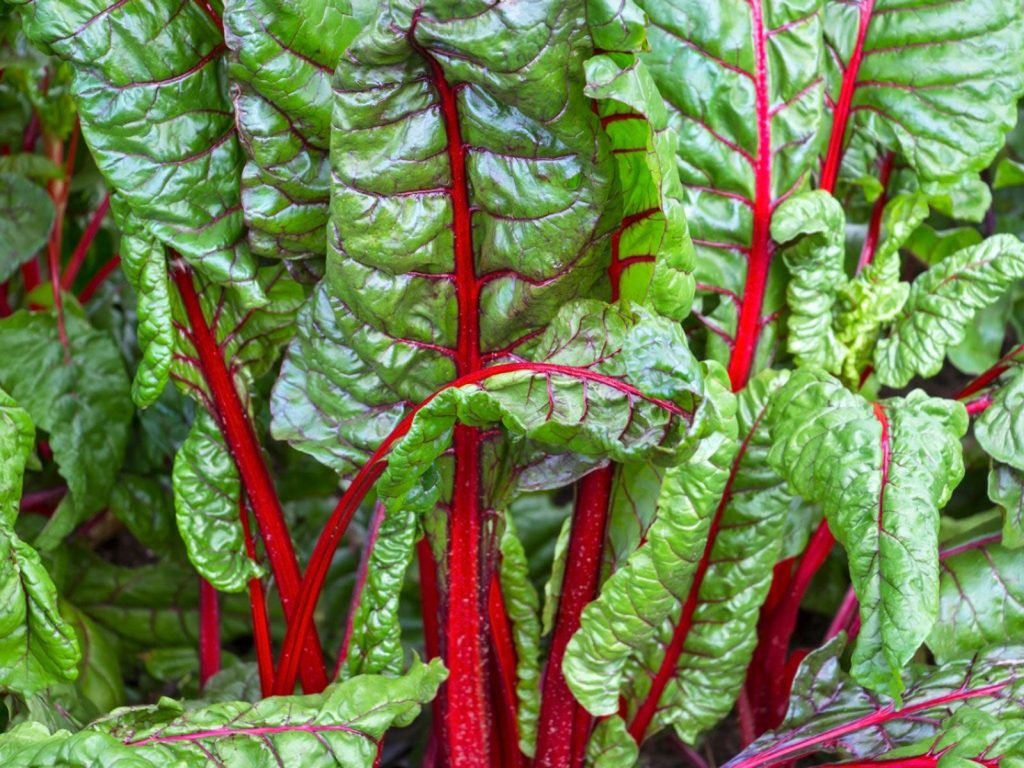
5. Arugula: Aids in stimulating digestion and bile production.
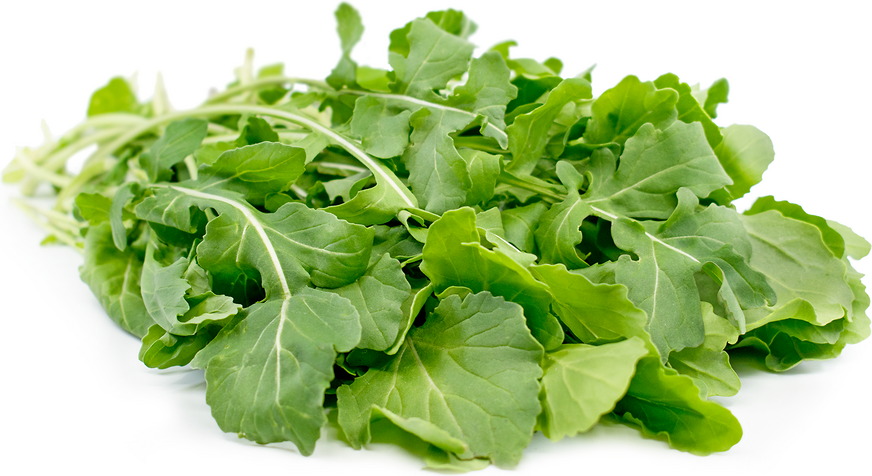
6. Collard Greens: Contributes to liver detoxification and supports gallbladder health.
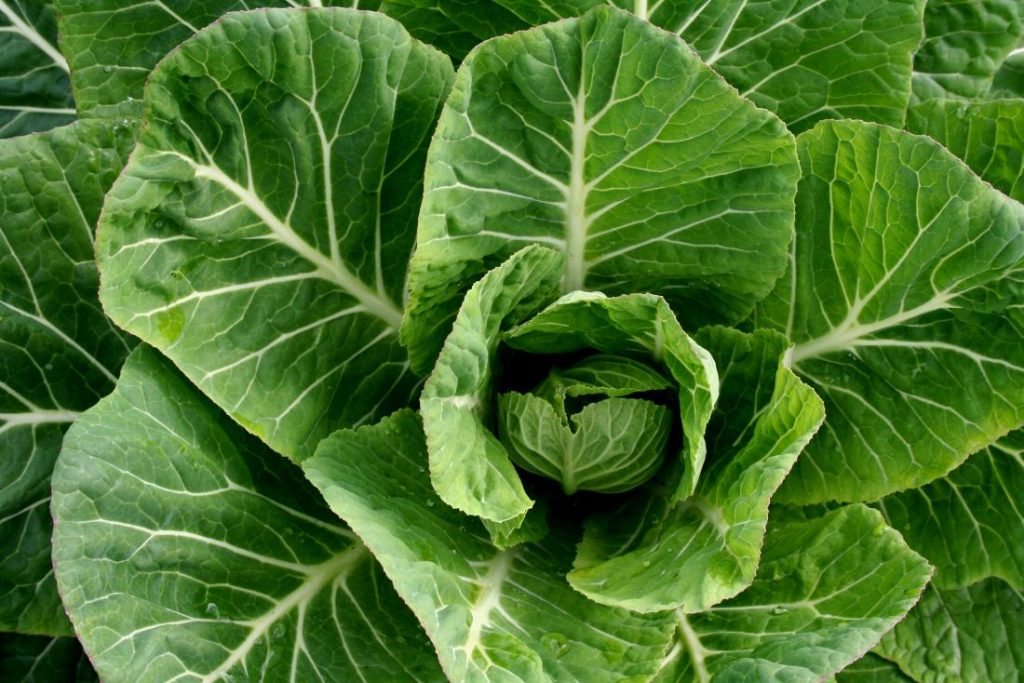
7. Beet greens: High in betaine, which is beneficial for liver function.
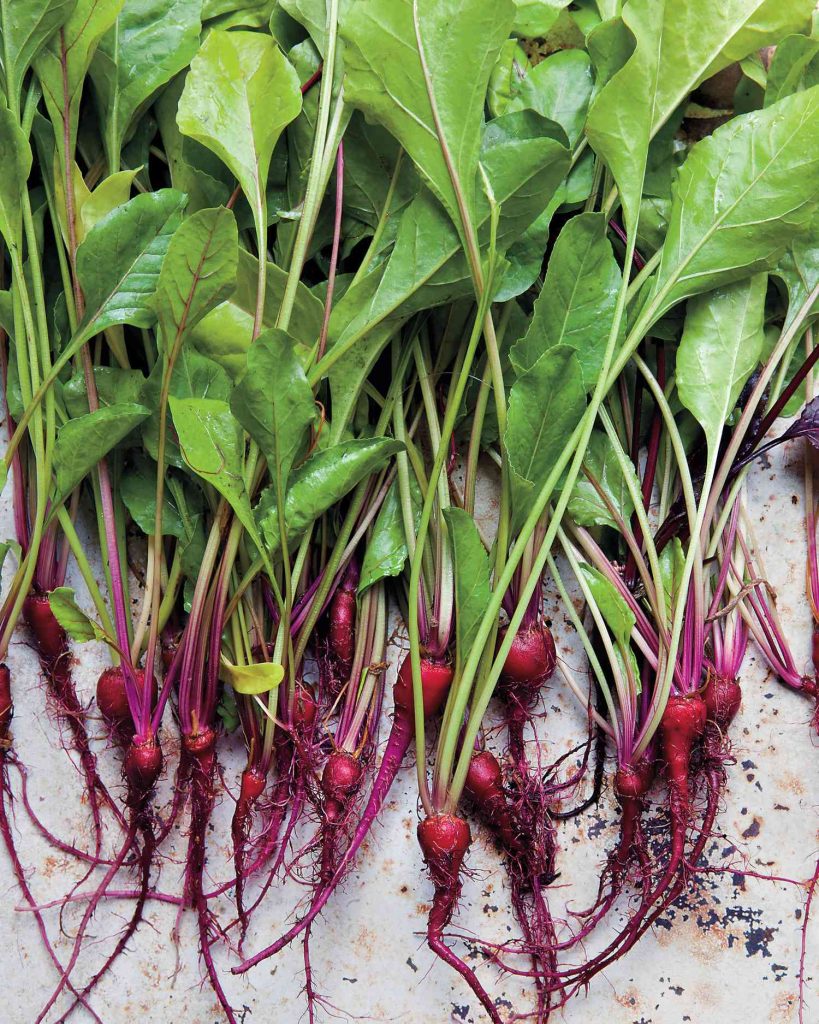
Fruits That Help Maintain Liver and Gallbladder Health:
These fruits are abundant in easily digestible sugars and antioxidant vitamins that aid in optimal liver function. Maintaining liver and gallbladder health is crucial for overall well-being. These vital organs play a significant role in digestion, detoxification, and metabolism. Including certain fruits in your diet can help support their functions and promote a healthier lifestyle. In this blog post, we will explore the best fruits that can aid in maintaining your liver and gallbladder health.
1. Grapefruit
Grapefruit is rich in antioxidants, particularly naringenin and naringin, which have been shown to reduce liver fat and inflammation. This citrus fruit can also enhance the liver’s detoxification processes, making it a top choice for maintaining liver health.
Grapefruit offers advantages for the liver and gallbladder due to its properties that promote detoxification and enhance enzyme activity.
Here’s how it is beneficial:
Liver Advantages:
High in Antioxidants: Grapefruit is rich in naringenin and naringin, which assist in lowering liver inflammation and safeguarding liver cells from harm.
Detoxification Assistance: It activates liver enzymes that aid in eliminating toxins.
Fat Breakdown: Some research indicates that grapefruit may help avert fatty liver disease by enhancing the breakdown of fats.
Enhances Glutathione Production: Grapefruit boosts levels of glutathione, a potent antioxidant that supports liver detoxification.
Lowers Liver Enzymes: Studies show that consistent consumption of grapefruit can reduce elevated liver enzyme levels, thereby enhancing overall liver health.
Gallbladder Advantages:
Encourages Bile Production – Grapefruit aids in bile production, which is essential for fat digestion and preventing gallstone development.
Cleanses Toxins – The fruit’s abundant vitamin C and antioxidants contribute to gallbladder cleansing.
Reduces Gallstone Risk – By facilitating fat metabolism and decreasing cholesterol accumulation in bile, grapefruit can diminish the likelihood of gallstones.
Ways to Incorporate Grapefruit for Liver & Gallbladder Wellness
Consume fresh grapefruit juice (unsweetened) in the morning.
Have half a grapefruit prior to meals to enhance digestion.
Mix with olive oil for a mild liver and gallbladder detox.
⚠️ Warning: Grapefruit may interact with specific medications, particularly statins and blood pressure medications. If you are on medication, consult your physician before incorporating grapefruit into your diet.
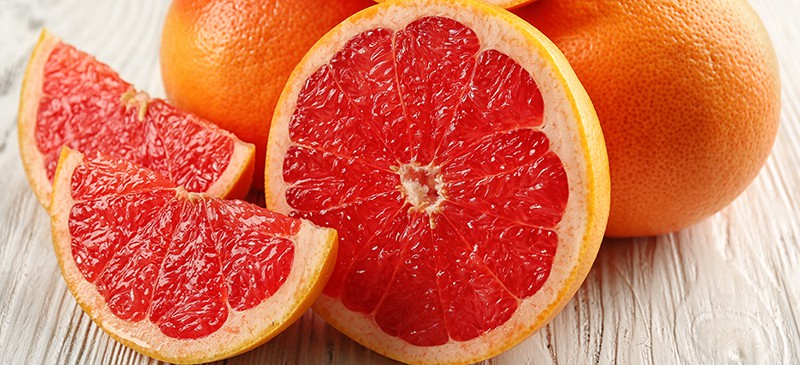
2. Avocado
Known for their healthy fats, avocados are also packed with glutathione, a powerful antioxidant that supports liver detoxification. They help reduce liver damage and improve overall liver function, making them an excellent addition to your diet.
Avocado offers significant advantages for both the liver and gallbladder, attributed to its nutrient-dense composition and healthy fats. The following outlines these benefits:
Advantages for the Liver
High in Antioxidants: Avocados are rich in glutathione, a potent antioxidant that aids in liver detoxification and shields it from oxidative damage.
Facilitates Fat Metabolism: The monounsaturated fats found in avocados contribute to the reduction of fatty liver disease by enhancing levels of good cholesterol (HDL) while lowering bad cholesterol (LDL).
Anti-Inflammatory Effects: The presence of vitamin E and various anti-inflammatory substances helps mitigate liver inflammation.
Detoxification Support: Avocados assist the liver in efficiently breaking down toxins and processing fats.
Advantages for the Gallbladder
Enhances Bile Production: The healthy fats in avocados promote the production of bile, which is essential for fat digestion and the prevention of gallstone formation.
Reduces Gallstone Risk: The high fiber content in avocados aids in digestive regulation, thereby decreasing the likelihood of gallbladder sludge and stones.
Cholesterol Regulation: Given that gallstones are often composed of excess cholesterol, avocados’ ability to maintain healthy cholesterol levels supports gallbladder function.
Easily Digestible: Unlike unhealthy fats, avocados provide fats that are easier to digest, making them gentler on the gallbladder.
Ways to Incorporate Avocado for Liver and Gallbladder Health
Include fresh avocado in salads, smoothies, or guacamole.
Utilize avocado oil for cooking as a liver-friendly option.
Combine avocado with lemon juice to further enhance liver detoxification.

3. Berries
Berries, especially blueberries and raspberries, are loaded with antioxidants and fiber. These fruits help reduce inflammation and oxidative stress in the liver. They also support gallbladder health by promoting digestion and aiding in the breakdown of fats.
Berries are beneficial for the health of the liver and gallbladder due to their abundant antioxidants, fiber, and anti-inflammatory properties.
The following points illustrate their advantages:
High Antioxidant Content: Berries, particularly blueberries, strawberries, and raspberries, are rich in anthocyanins and polyphenols, which safeguard liver cells from oxidative stress and potential damage.
Facilitate Liver Detoxification: The liver plays a crucial role in detoxifying the body, and berries contribute by supplying vitamin C and other essential nutrients that aid in the breakdown of toxins.
Mitigate Inflammation: Chronic inflammation poses a risk to the liver and gallbladder. The anti-inflammatory characteristics of berries help to avert liver-related conditions, including fatty liver disease.
Support Bile Production: The gallbladder is responsible for storing bile, which is essential for fat digestion. The fiber found in berries promotes digestive health, helping to prevent gallstones and ensuring the efficient flow of bile.
Stabilize Blood Sugar Levels: Elevated blood sugar can place additional strain on the liver. Berries possess a low glycemic index, which assists in regulating glucose levels and diminishes the likelihood of developing fatty liver disease.
Combat Fatty Liver: Research indicates that berries may help reduce the accumulation of fat in the liver, thereby aiding in the prevention of non-alcoholic fatty liver disease (NAFLD).
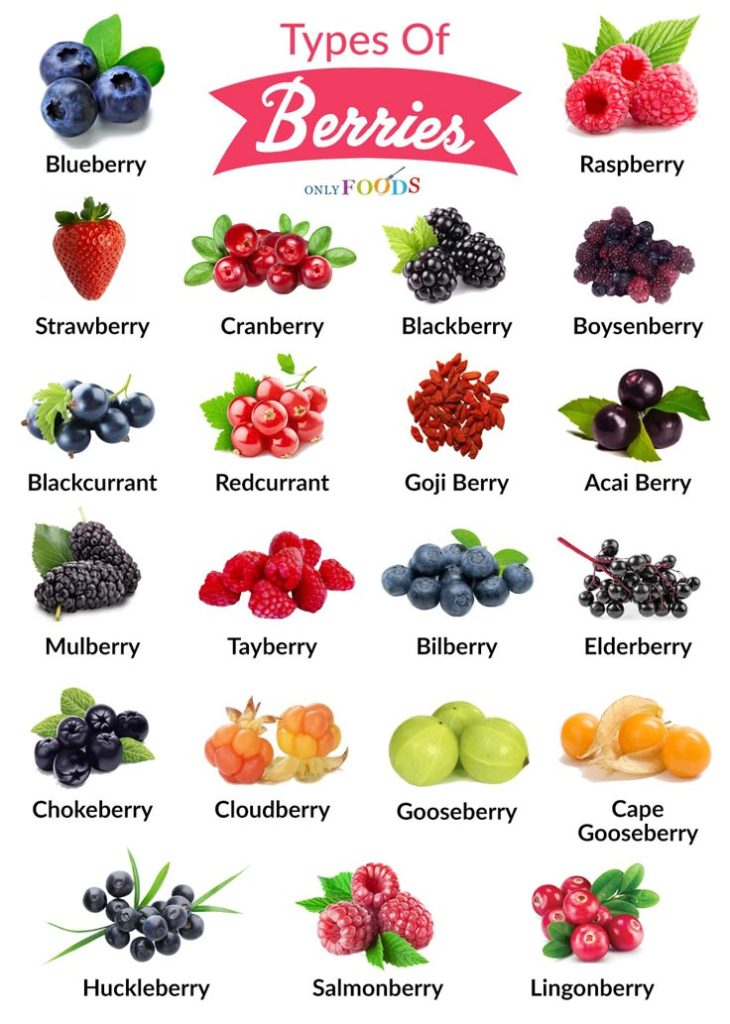
4. Apples:
Apples serve as an excellent source of pectin, a soluble fiber that aids in the detoxification of the liver and gallbladder. Consuming apples can facilitate the elimination of toxins from the digestive system by stimulating bile production, thereby alleviating stress on the liver and enhancing overall well-being.Additionally, apples are an ample source of potassium and other vital minerals, especially beneficial for those with liver issues.
Apples offer significant advantages for the health of the liver and gallbladder, primarily due to their abundant fiber, antioxidants, and beneficial phytochemicals. The following outlines their contributions:
1. Advantages for the Liver
Support for Detoxification: Apples are rich in pectin, a fiber that aids in eliminating toxins from the digestive tract, thereby alleviating the burden on the liver.
High Antioxidant Content: They are loaded with polyphenols and flavonoids, which serve to shield liver cells from oxidative stress.
Facilitates Fat Metabolism: The presence of malic acid in apples assists in the breakdown of fats within the liver, helping to avert fatty liver disease.
2. Advantages for the Gallbladder
Prevention of Gallstones: The malic acid found in apples can gradually soften and dissolve gallstones. Natural remedies, such as apple cider vinegar, are often thought to assist in gallstone elimination.
Enhancement of Bile Flow: Apples promote the production and movement of bile, which helps prevent bile stagnation that may lead to gallstone formation.
Digestive Fiber: The soluble fiber in apples, particularly in the skin, supports digestion and helps prevent cholesterol accumulation, a factor in gallstone development.
Optimal Methods for Consuming Apples for Liver and Gallbladder Health
Raw Apples (with Skin): Ideal for maximizing fiber and nutrient intake.
Apple Juice: Freshly squeezed juice (without added sugars) may aid in liver detoxification, though it lacks fiber.
Apple Cider Vinegar: When diluted with water, it may help in gallstone prevention and enhance digestive health.
Baked or steamed apples: a gentler alternative for those with sensitive digestion.
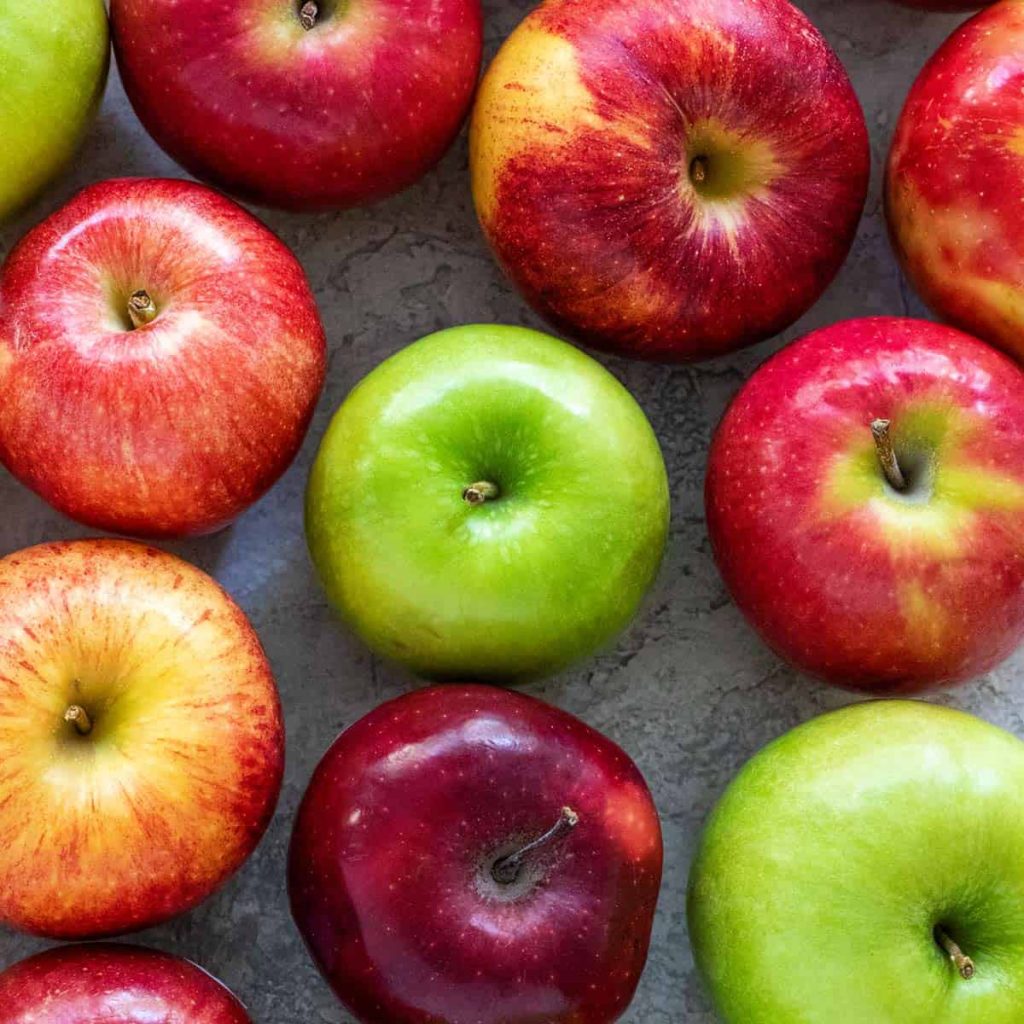
5. Lemons and Limes
Why Lemons and Limes are Essential for Liver and Gallbladder Health:
Lemons and limes are not just zesty flavor enhancers for your favorite dishes and drinks; they are also powerful allies in maintaining liver and gallbladder health. In this blog post, we will explore the myriad ways these citrus fruits can support your body’s detoxification processes, boost digestion, and promote overall well-being.
The Nutritional Benefits of Lemons and Limes
1. Rich in Vitamin C:
Both lemons and limes are excellent sources of vitamin C, a potent antioxidant that helps protect the liver from oxidative stress. Vitamin C also plays a crucial role in the synthesis of collagen, which is vital for maintaining the integrity of liver tissue.
2. High in antioxidants:
Lemons and limes are packed with flavonoids, which not only enhance their vibrant colors but also serve as powerful antioxidants. These compounds help neutralize free radicals, reducing inflammation and supporting the liver’s ability to detoxify.
How Lemons and Limes Support Liver Function
1. Promoting Detoxification:
Lemons and limes help enzymes to function effectively. The liver is the body’s primary detoxification organ, and lemons and limes can enhance its function. The citric acid found in these fruits stimulates the production of bile, a vital digestive fluid produced by the liver. Bile helps emulsify fats and aids in the elimination of toxins from the body.
2. Balancing pH Levels
Maintaining a balanced pH level in the body is crucial for optimal liver function. Despite their acidic taste, lemons and limes have an alkalizing effect on the body once metabolized. This can help reduce acidity in the bloodstream, promoting a healthier environment for liver
3. Supporting Gallbladder Health
Encourages bile release and alleviates liver congestion. Grape: Besides supplying the natural sugars and antioxidant vitamins essential for liver health, they enhance the liver’s detoxification processes. This also promotes bile production (choleretic effect), which helps relieve liver congestion and increases blood flow within the organ.
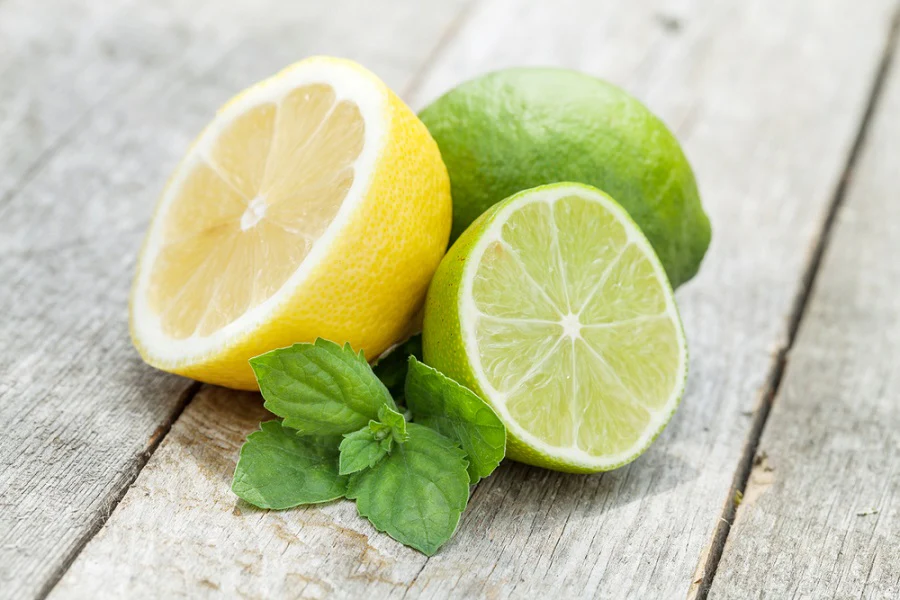
6. Grape:
Alongside natural sugars and antioxidants, the liver requires vitamins; these enhance its detoxifying functions. This also encourages bile production (choleretic effect), which helps clear congestion in the liver and boosts blood flow within it. Grapes offer significant advantages for the health of the liver and gall bladder, attributed to their abundant nutrient composition and detoxifying effects. The following outlines their benefits:
1. Liver Detoxification and Protection
Rich in Antioxidants: Grapes, particularly the red and purple varieties, are abundant in potent antioxidants such as resveratrol, flavonoids, and vitamin C, which safeguard liver cells against oxidative stress and damage.
Supports Detoxification: Grapes enhance the activity of liver enzymes that facilitate the breakdown of toxins and their elimination from the body.
Reduces Fatty Liver Risk: Research indicates that certain compounds in grapes, especially resveratrol, may help diminish fat buildup in the liver, which is advantageous for individuals with non-alcoholic fatty liver disease (NAFLD).
2. Promotes Bile Flow for Gallbladder Health
Stimulates Bile Production: The liver generates bile, which is stored in the gallbladder and plays a crucial role in fat digestion. Grapes aid in promoting bile flow, thereby lowering the likelihood of gallstone formation.
3. Reduces Inflammation
Persistent inflammation can result in gall bladder complications. Grapes possess anti-inflammatory properties that may help avert conditions such as cholecystitis (inflammation of the gall bladder).
4. Hydration and Fiber for Digestion
High Water Content: Grapes contribute to the hydration of the liver and gallbladder, ensuring efficient bile flow.
Mild Laxative Effect: The fiber present in grapes assists in preventing constipation, which can indirectly lower the risk of gallstones by encouraging regular bowel movements.
Optimal Methods for Consuming Grapes for Liver and Gallbladder Health
Consume fresh grapes (particularly red or purple varieties).
Drink pure grape juice (without added sugars).
Incorporate grape seeds or grape seed extract (which are rich in polyphenols).
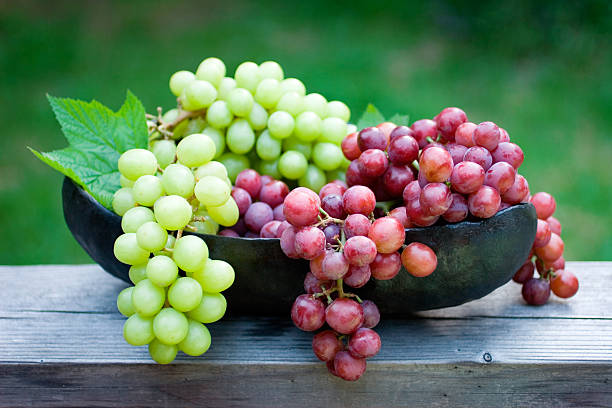
7. Plum:
Consuming plums helps prevent constipation and supports the removal of organic waste. They contain minimal sodium, fats, and proteins. As a result, they are suitable for liver issues, supporting its function without overwhelming it.
Plums offer significant advantages for the health of the liver and gallbladder, attributed to their impressive nutritional composition. The following outlines their benefits:
Advantages for the Liver:
1. Detoxification: Plums are rich in antioxidants, including vitamin C and phenolic compounds, which assist in neutralizing toxins and enhancing liver detoxification processes.
2. Liver Protection: Studies indicate that plums may mitigate oxidative stress and inflammation within the liver, providing support for conditions such as fatty liver disease.
3. Enhanced Digestion: With a high fiber content, plums facilitate regular bowel movements, thereby alleviating the liver’s workload by promoting waste elimination.
Advantages for the Gallbladder:
1. Gallstone Prevention: The fiber and sorbitol present in plums contribute to healthy digestion and bile flow, thereby lowering the likelihood of gallstone development.
2. Bile Production Stimulation: The natural acidity and fiber in plums can enhance bile secretion, which is essential for fat digestion and optimal gallbladder function.
Recommendations for Consuming Plums for Liver & Gallbladder Health:
– Enjoy fresh plums or dried prunes in moderation, as excessive consumption may lead to bloating.
– Opt for unsweetened plum juice to support digestive health.
– Incorporate plums into a well-rounded diet that includes liver-friendly foods such as leafy greens and healthy fats.
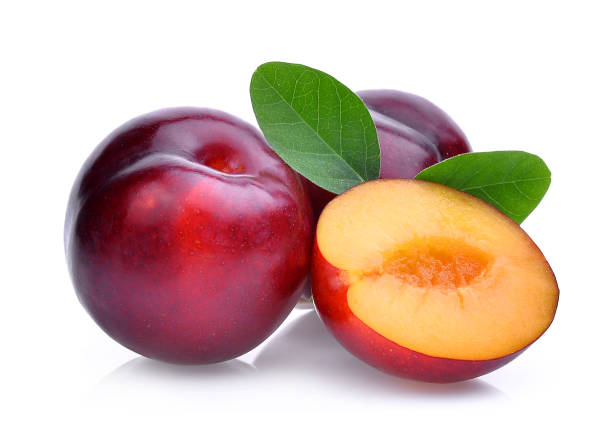
8. Cherry:
Cherries are beneficial antioxidants and blood purifiers that enhance liver and kidney health.
Cherries may offer advantages for both the liver and gallbladder; however, their appropriateness is contingent upon individual health circumstances.
Advantages for the Liver:
High in Antioxidants: Cherries are abundant in anthocyanins and vitamin C, which contribute to the reduction of oxidative stress and inflammation within the liver.
Facilitates Detoxification: They enhance liver functionality by assisting in the elimination of toxins. Potential to Lower Fatty Liver Risk: Research indicates that cherries may help decrease fat accumulation in the liver.
Advantages for the Gallbladder:
Promotes Digestion: The fiber content in cherries aids digestion and may help prevent the formation of gallstones.
Anti-inflammatory Effects: They possess properties that can mitigate inflammation, potentially benefiting individuals with gallbladder concerns.
Supports Hydration and Detoxification: Their significant water content aids in bile flow, helping to prevent sludge accumulation in the gallbladder.
Considerations:
Fructose Levels: Cherries contain natural sugars, which may not be suitable in large quantities for individuals with fatty liver disease.
Acidity: Those with gallbladder issues might experience discomfort from consuming acidic fruits.
Summary: In general, cherries can be advantageous for liver and gallbladder health, but moderation is essential, particularly for individuals with existing conditions such as fatty liver or gallbladder sensitivity. It is advisable to consult a healthcare professional if you have specific health concerns.
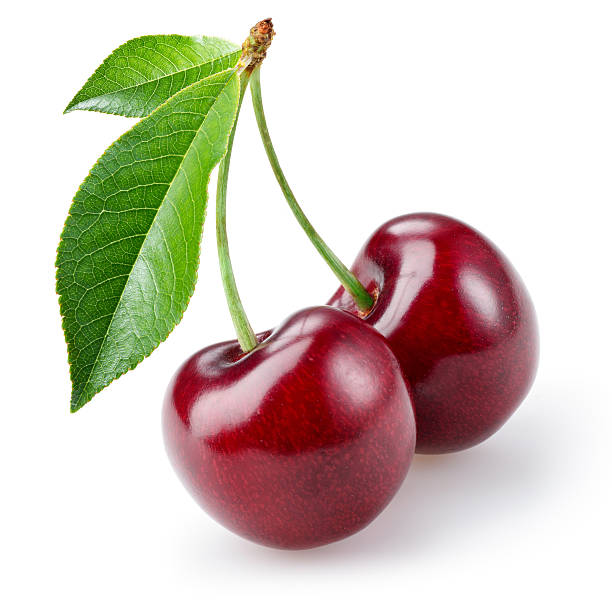
9. Loquat:
Loquats are full of vitamin A and essential minerals, aiding in liver decongestion and effectively decreasing its size in cases of congestive hepatomegaly. The optimal method for their use involves a loquat spring regimen, consuming one to two kilograms daily as the main food source for two to three days.
Loquat (Eriobotrya japonica) is recognized for its positive effects on liver and gallbladder health, attributed to its antioxidant, anti-inflammatory, and hepatoprotective characteristics. The following outlines its potential benefits:
1. Liver Health
Hepatoprotective Properties: Research indicates that loquat leaf extract may safeguard liver cells from oxidative stress and damage induced by toxins.
Antioxidant Benefits:The fruit and leaves are rich in flavonoids, triterpenes, and carotenoids, which may assist in neutralizing free radicals and alleviating liver inflammation.
Detoxification Support: In various traditional medicine practices, loquat is utilized to enhance liver detoxification and optimize liver enzyme levels.
2. Gallbladder Health
Bile Production and Flow: Loquat may facilitate bile production and its flow, which is crucial for digestion and the prevention of gallstone formation.
Anti-inflammatory Effects: It may help diminish inflammation in the gallbladder, potentially aiding individuals with gallbladder-related concerns.
Utilization of Loquat for Liver and Gallbladder Health
Loquat Fruit: Incorporate fresh or dried loquats into a balanced diet.
Loquat Leaf Tea: Preparing tea from loquat leaves is a traditional approach for supporting liver health.
Loquat Extracts/Supplements: These are available in certain herbal supplements aimed at promoting liver wellness.
Cautions:
Loquat leaves contain cyanogenic glycosides, which can release cyanide. It should not be ingested in excessive quantities; it is essential to use properly prepared extracts or teas.
Individuals with liver or gallbladder issues should seek medical advice before using loquat for medicinal purposes.
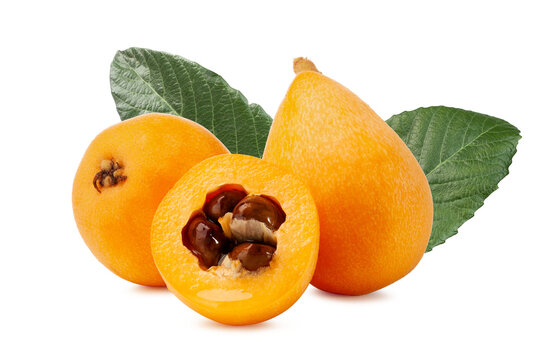
10. Artichoke:
Artichoke enhances liver function and detoxification due to its active compounds, including cynarin, which aids in the elimination of waste through bile.
Artichoke (Cynara scolymus) offers significant advantages for the liver and gallbladder, attributed to its abundant supply of antioxidants, cynarin, and silymarin. The following outlines its benefits:
Liver Advantages:
1. Enhances Liver Detoxification: Artichokes promote bile production, facilitating the liver’s ability to eliminate toxins more efficiently.
2. Safeguards Liver Cells: Silymarin protects liver cells from harm and encourages their regeneration.
3. Lowers Fatty Liver Risk: It aids in reducing cholesterol and triglyceride levels associated with fatty liver disease.
4. Antioxidant Properties: Rich in flavonoids and polyphenols, artichokes help diminish oxidative stress on the liver.
Gallbladder Advantages:
1. Promotes Bile Flow: The compound cynarin enhances bile production, which helps prevent the formation of gallstones.
2. Facilitates Digestion: Increased bile flow aids in the efficient breakdown of fats, alleviating stress on the gallbladder.
3. Reduces Gallstone Risk: Consistent bile flow minimizes cholesterol accumulation in the gallbladder, a crucial factor in gallstone formation.
Utilizing Artichoke for Liver & Gallbladder Wellness:
Fresh Artichokes: Can be enjoyed steamed, grilled, or boiled.
Artichoke Tea: Prepared from dried leaves.
Artichoke Extract/Supplements: Available in both capsule and liquid forms.
Cautions:
Individuals with gallbladder obstruction (gallstones obstructing the ducts) should seek medical advice prior to using artichoke, as increased bile flow may lead to complications.
Those with allergies to Asteraceae plants (such as daisies or ragweed) should exercise caution.

11. Radish:
Radish, with its distinctive sulfurous flavor, gently stimulates liver activity.
Radish (Raphanus sativus) offers significant advantages for both the liver and gallbladder, attributed to its detoxifying, anti-inflammatory, and bile-enhancing characteristics. The following outlines its benefits:
1. Advantages for the Liver
Detoxification: Radishes assist in eliminating toxins and waste from the liver, thereby supporting its inherent detoxification processes.
Liver Protection: They contain beneficial compounds such as glucosinolates and anthocyanins, which safeguard liver cells from potential damage.
Fatty Liver Prevention: Radishes contribute to the reduction of fat buildup in the liver and enhance liver enzyme levels.
Antioxidant Properties: They are abundant in vitamin C, flavonoids, and other antioxidants that mitigate oxidative stress on the liver.
2. Advantages for the Gallbladder
Bile Flow Stimulation: Radishes encourage the production of bile, which is crucial for digestion and helps avert the formation of gallstones.
Gallstone Prevention: By promoting bile flow, radishes assist in preventing bile stagnation, a condition that can lead to gallstone development.
Digestive Support: They alleviate bloating and indigestion, which are common issues associated with gallbladder dysfunction.
Methods of Consuming Radish for Liver and Gallbladder Health:
Raw in salads
Radish Juice (enhanced with lemon for additional detox benefits)
Radish leaves (nutrient-rich)
In Soups and stir-fries
Cautions:
Radish serves as a natural cleanser for the liver and gallbladder; however, individuals with gallstones or any liver-related conditions should seek medical advice before consuming it in substantial quantities, as it may lead to a rapid increase in bile flow.
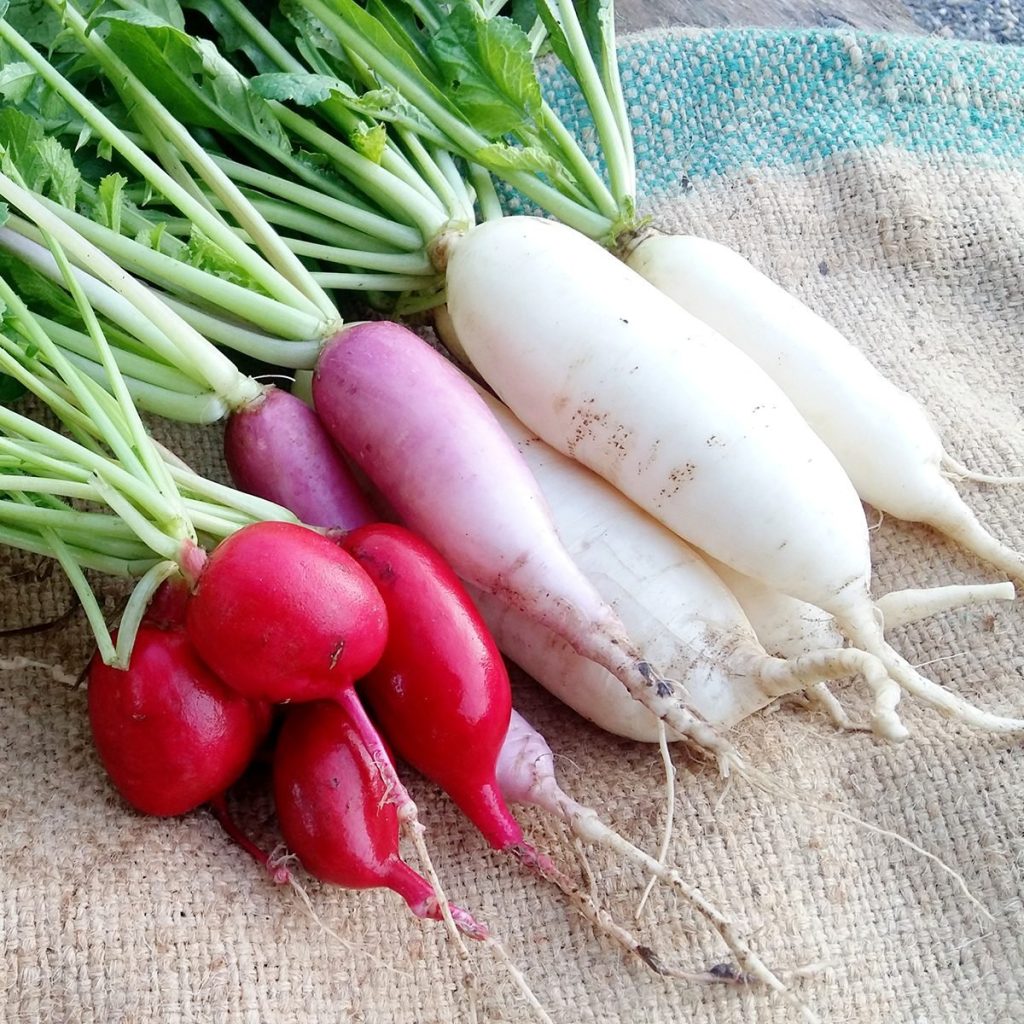
12. Tamarind:
Tamarind’s bittersweet pulp encourages bile production, alleviating liver congestion and improving overall liver function.
Tamarind offers significant advantages for liver and gallbladder health, owing to its abundant antioxidant, anti-inflammatory, and hepatoprotective characteristics. The following outlines its benefits:
Advantages for the liver:
1. Detoxification: Tamarind is rich in compounds that assist in cleansing the liver and removing toxins.
2. Hepatoprotective Properties: Research indicates that tamarind may provide protection against fatty liver disease, particularly non-alcoholic fatty liver disease (NAFLD), by mitigating fat accumulation.
3. Antioxidant Benefits: It is high in polyphenols and flavonoids, which contribute to reducing oxidative stress within liver cells.
4. Regulation of Liver Enzymes: Some studies suggest that the intake of tamarind may help maintain appropriate liver enzyme levels, thereby preventing liver damage.
Advantages for the Gallbladder:
1. Enhances Bile Production: Tamarind promotes improved bile flow, facilitates digestion, and prevents bile stagnation.
2. Reduces Gallstone Risk: By enhancing fat metabolism and bile secretion, tamarind may lower the likelihood of gallstone formation.
3. Supports Digestion: The natural laxative properties of tamarind aid in achieving smooth bowel movements, thereby minimizing the risk of gallbladder-related digestive complications.
Methods of Consuming Tamarind for Liver and Gallbladder Health:
Tamarind Water: Soak tamarind in warm water, strain, and consume the liquid.
Tamarind Paste: Incorporate into dishes as a flavoring agent.
Tamarind Tea: Boil tamarind with water and enjoy as tea.
Raw Tamarind: Consume in moderation as part of a well-balanced diet.
It is advisable to consult a healthcare professional before regularly consuming tamarind, especially if you have gallstones or liver disease, as it may interact with certain medications or health conditions.
